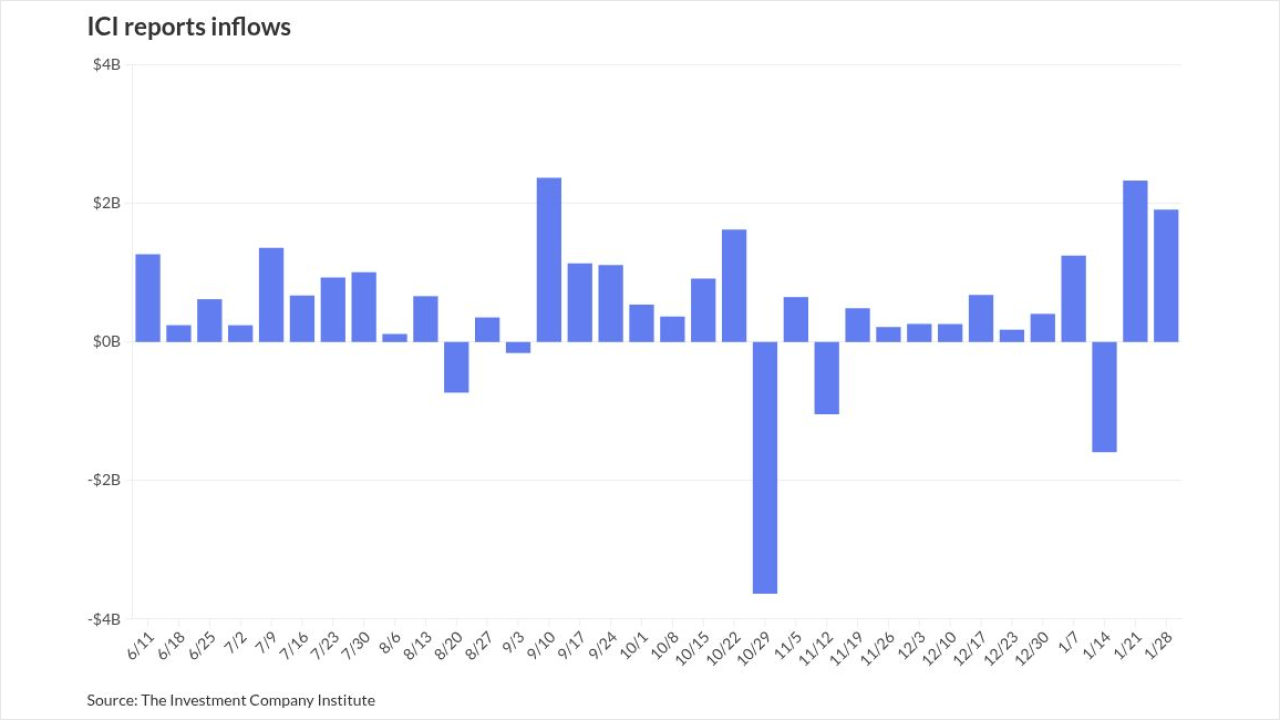
WASHINGTON – Legislation designed to enhance the Securities and Exchange Commission's cost-benefit analysis of new rules before approving them passed the House 243 to 184 after drawing support from Republicans and some industry groups.
The bill, called the SEC Regulatory Accountability Act (HR 78), was introduced by Rep. Ann Wagner, R-Mo., and would amend the Securities Exchange Act of 1934 to make its changes, including requiring a more thorough cost-benefit analysis. The legislation would affect the SEC's work on its own rulemaking as well as that of other regulators like the Municipal Securities Rulemaking Board, whose rules the SEC must approve before they can take effect.
The bill would also require the SEC to periodically review its existing rules to make sure they still make sense and are not excessively burdensome.
The Securities Industry and Financial Markets Association said in a letter to House leadership that it believes the legislation would strengthen the SEC's rulemaking process by enhancing the rigor of its economic analysis.
"The U.S. capital markets are the envy of the world and we believe it is critical to study any economic impact of a proposed rulemaking prior to its completion to protect investors, protect capital formation, and protect our markets," wrote Andy Blocker, SIFMA's executive vice president of public policy and advocacy. "Accordingly, [the bill] will better equip the commission to complete this analysis."
John Vahey, managing director of federal policy for Bond Dealers of America, said BDA is encouraged that Congress is focusing on regulatory reform, including requiring enhanced regulatory cost-benefit analyses and increased regulatory accountability.
"These measures would be very valuable, especially to smaller dealers struggling with the increasing costs of new regulations," Vahey said.
However 22 groups, including the Consumer Federation of America, sent a letter to members of Congress earlier in the week warning that the legislation would severely damage the federal government's ability to protect the public. It would "disastrously weaken oversight of major Wall Street institutions and financial markets," the groups said.
Wagner, speaking on the House floor before the vote Thursday, said she strongly believes the legislation is non-partisan and commonsense. She added that it will help the country avoid "the irresponsible regulation … experienced over the last eight years."
Rep. Bill Huizenga, R-Mich., who controlled much of the debate for Republicans while the bill was being considered, said the legislation would ensure the SEC is thoroughly assessing the need for regulation as well as potential consequences.
But Democrats derided the legislation as unneeded given the SEC's pre-existing requirements to weigh the impact of rules on efficiency, competition, and capital formation. Rep. Carolyn Maloney, D-N.Y., said the bill is only an effort from Republicans to slow SEC work by making it easier for firms and other participants in the financial sector to sue based on a claim that the commission did not properly weigh the effects of rulemaking.
House Minority Whip Steny Hoyer, D-Md., said in a statement the legislation "would substantially impede the SEC's ability to propose or adopt any rule" and is "weighted significantly in favor of industry at the expense of investor protections."
"To add insult to injury, no new funding is authorized to enable the agency to shoulder the new operational burdens imposed by the bill, which means the SEC will be compelled to divert resources from other critical divisions like enforcement," he said.
The legislation requires the SEC to determine whether a new regulation is warranted by identifying the problem it is designed to address while also considering the significance of the problem. The commission's chief economist would have to look at qualitative and quantitative costs and benefits of any regulation. The SEC could only move forward with it if it can reasonably conclude that the benefits outweigh the costs. The commission must consider the burdens likely to be put on market participants, individuals, businesses of differing sizes, and other entities like state and local governments.
Additionally, the SEC would have to consider available alternatives to the regulation, including modifying existing regulations, and explain why the new regulation meets regulatory objectives more effectively than the considered alternatives. All regulations would also have to be "accessible, consistent, written in plain language, and easy to understand."
Another part of the legislation would require the SEC to review its regulations to understand whether any regulations are outdated, ineffective, or excessively burdensome. It would have to review its regulations within a year of the passage of the act and then every five years after that.
Rep. Vicente González, D-Texas, raised a concern that the look-back portion of the proposed bill would mean the SEC will have to review all of its rulemaking back to 1934, an excessive and unnecessary burden.
SIFMA said the reviews the proposed bill would require will "ensure the continued efficacy of regulation and further the SEC's … mission."
The SEC Regulatory Accountability Act's passage in the House on Thursday followed House approval of a wider ranging bill on Wednesday called the Regulatory Accountability Act (HR 5), which was introduced by Rep. Robert Goodlatte, R-Va. That bill would, among other things, instruct regulators across industries to find the most cost-effective approaches to rulemaking. It would also free judges from having to defer to regulators' interpretations when the rules are challenged in court.
Both pieces of legislation are seen as the beginning of a Republican-led deregulation agenda as Donald Trump's administration takes control.





